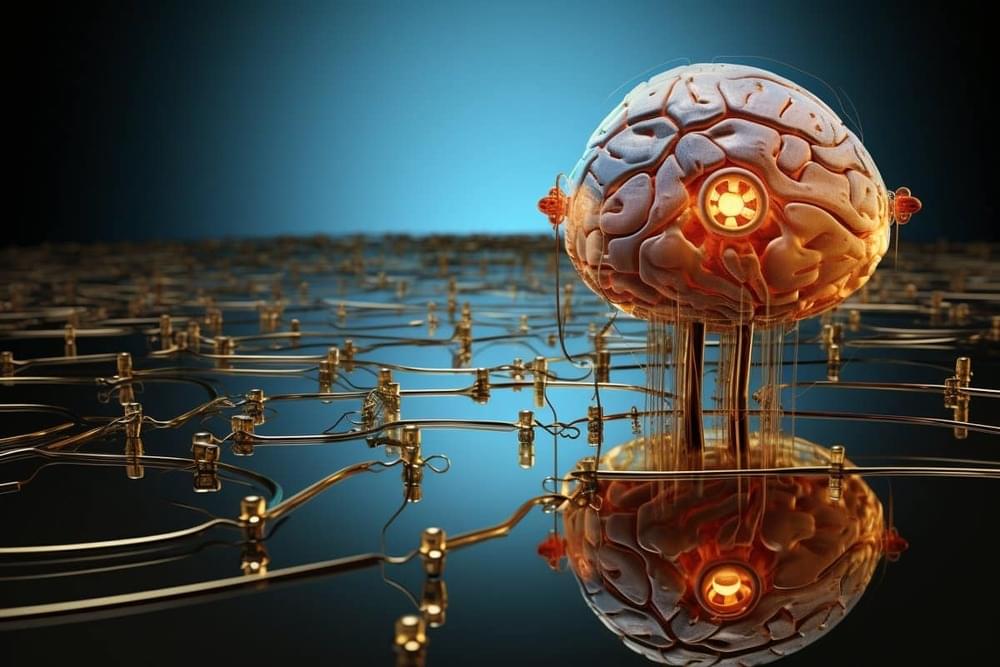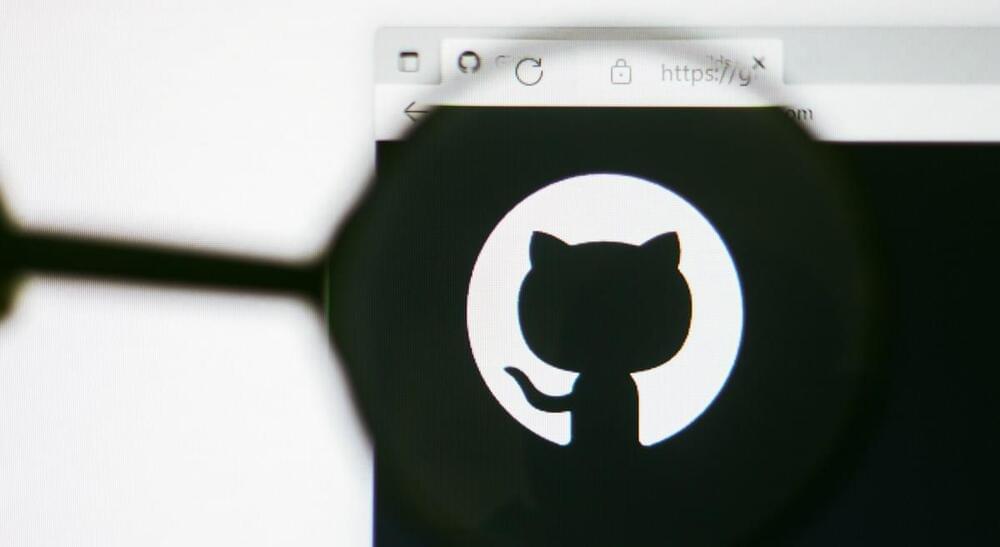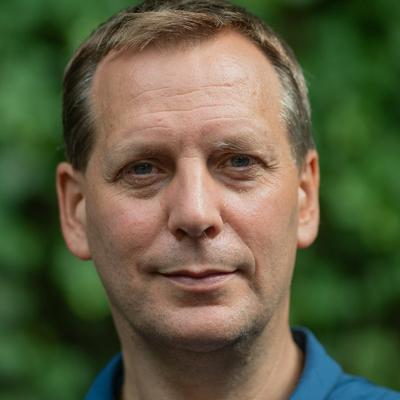The term “AI,” short for Artificial Intelligence, was officially coined in 1955 by John McCarthy while he was at MIT, a prominent computer scientist and one of the field’s early visionaries.
“He was the most even-tempered, caring and inspirational person and coach. He seemed to always have a smile for us, especially when we were exhausted from a work out, and most importantly when we had a poor race and were feeling down. Gene could shake a runner out of a sense of failure. He could restore confidence for a better next time. He treated us as adults. I remember him telling us that if we succeeded, the honor was ours, but if we failed, so was the responsibility. He knew how to build a person’s maturity.” — Jon Schmeyer ’77
The week before classes began, the cross country team (along with some of the other fall sports) came to campus for ‘training week.’ For that week, Gene had us run three times a day. My senior year, we started with distances of 5 miles/5 miles/5 miles for the three workouts, building up to 5 miles/8 miles/8 miles by the seventh day. Then on the eighth day, we did a single, 20-mile run, which ended by running all the way up College Hill. After that ordeal, the regular-season workouts almost seemed easy.
I know that the specter of training week motivated me to maintain a decent level of fitness in the summer. Those who failed to do so either suffered greatly or were unable to complete all the training week runs. I recall Gene taking us out to the golf course to practice jumping the creek He had us land on the trail leg. Although it was a counterintuitive way to jump, it really worked. You can’t jump quite as far as when landing on the lead leg, but Gene’s method was very effective in maintaining balance and momentum, which were beneficial in a cross country race.






